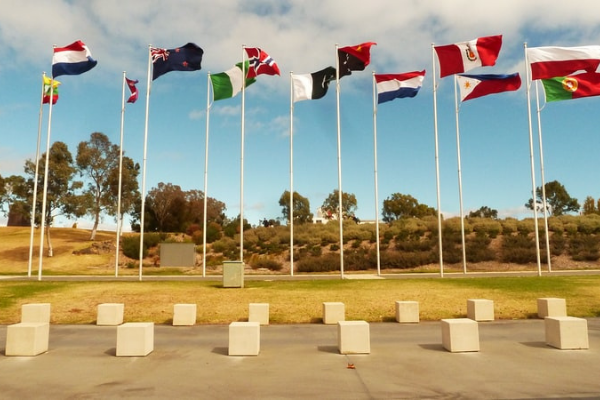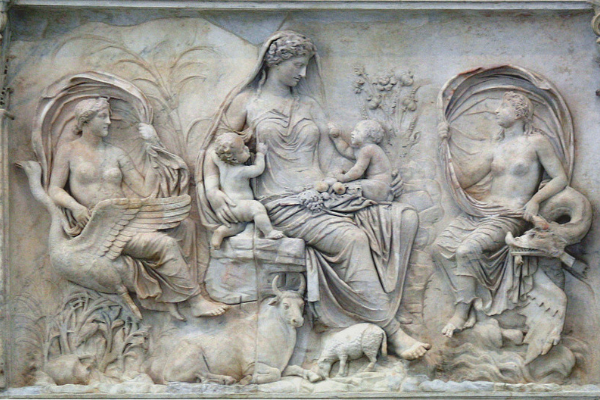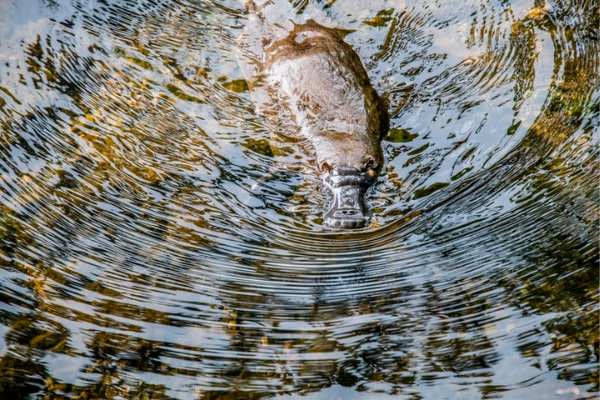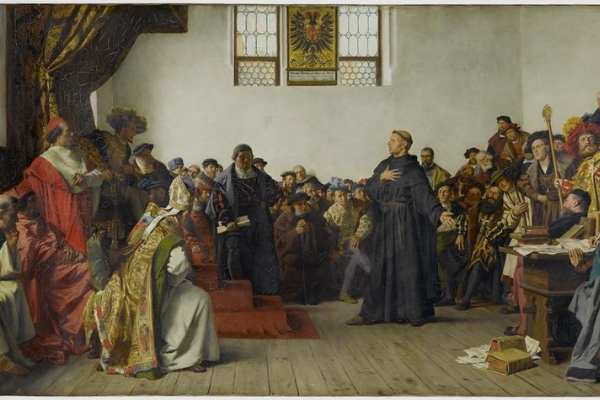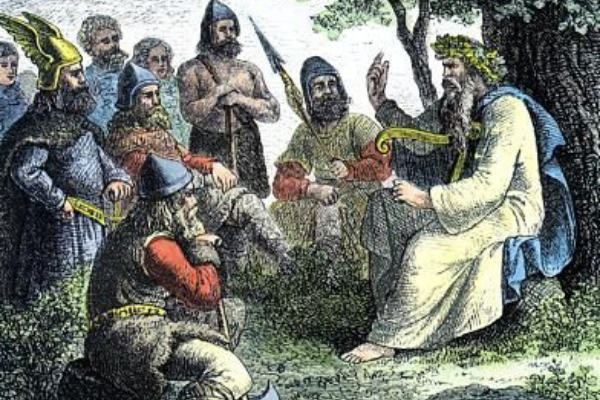Discovering Humanities
This series is a celebration of humanities research and discovery. Born out of our 50th anniversary in 2019, it covers just a small fraction of the many advances within the humanities since the Academy was first founded.
We’ve called it Discovering Humanities because words like ‘discover’ and ‘discovery’, like no other terms, convey the excitement of new findings, new ideas, new views of the world. Discoveries in the humanities take many forms; from those that fundamentally recalibrate our understanding of the world to others that are more a process of accumulation over time leading in the end to a new view of society. Despite their differences, all are full of the excitement of uncovering something new.
This series is not a list of the most important research in the humanities over the last 50 years. Rather, it is an attempt to present a range of discoveries across all the areas of the humanities showing something of the rich contribution the humanities have made to Australia and the wider world. Learn more about the series’ background from the Editor.
What if you could communicate with anyone in the world, regardless of language and culture, with just 65 words? That’s what the Natural Semantic Metalanguage has been developed to achieve.
What are microliths? Debate has raged about their age, origin and uses, but now researchers have used them to demonstrate that Indigenous Australians were fashioning these types of tools at least as far back as the last Ice Age.
Until about thirty years ago Australia, like many other countries, did not have a formal language policy. Now, multilingualism has become a crucial and defining part of the fabric of society in Australia, along with cultural diversity.
The work of pioneering Australian historian Beryl Rawson reveals that ancient Roman family culture – from the celebration of new life, divorce, remarriage and funerary customs – has a lot in common with our lives today.
What links a once-maligned 19th-century French explorer, the humble platypus and Darwin’s theory of evolution? Thanks to groundbreaking work from Australian researchers, we now have a better understanding of the role that Australia and its unique flora and fauna played in the development of cultural and scientific understanding of our world.
How exactly did the Protestant Reformation – one of the last millennium’s defining moments, that splintered Western Christianity and paved the way for individualism, scepticism, civil rights, capitalism and modern democracy – gain currency among Europe’s common people? It all came down to satirical images and chats at the pub.
Critics of same-sex unions often cite references to homosexuality in the New Testament to support their standpoints, but what were the people of antiquity really saying – in their world, and in their terms – about sexuality? Researcher William Loader conducted painstaking textual, theological and ethical analysis of every religious text from his chosen period, including the Dead Sea Scrolls, the Apocrypha, the Septuagint and the writings of Philo of Alexandria and Josephus to find out.
Kings and chieftains, pagan gods and goddesses, saints and apostles. The rich tradition of Skaldic poetry – which originated in Norway in the ninth century – has all this and more. Now, thanks to a large-scale international collaboration initiated and led by Australian researchers, the entire collection of surviving skaldic poetry will be available to be read and appreciated around the world.
Meet Sheila Fitzpatrick, a pre-eminent scholar on issues such as class, identity, education and social mobility of the Soviet Union in the 1930s.
About the series
Stories in this series were chosen from nominations by Fellows of the Academy and recipients of its various awards. They have been commissioned and produced under the overall guidance of Academy Fellow and Editor, Emeritus Professor Graham Tulloch and have been brought to life by the hard work of Walkley Award-winning journalist Kathy Marks, author and researcher Dr Saskia Beudel, and the Academy’s Communication and Awards Coordinator Elizabeth Bradtke.
The development of this series was supported by the Copyright Agency’s Cultural Fund.




